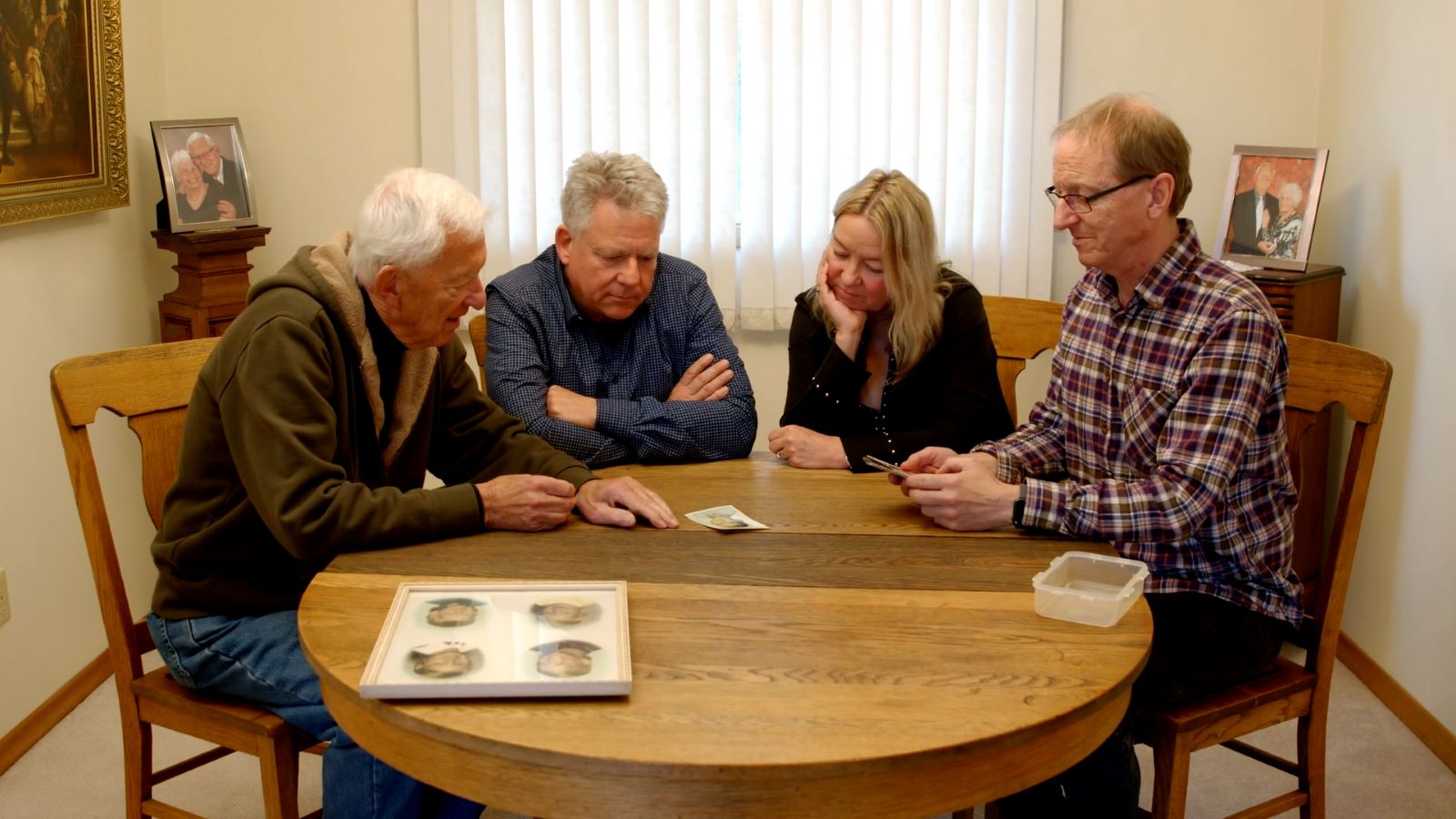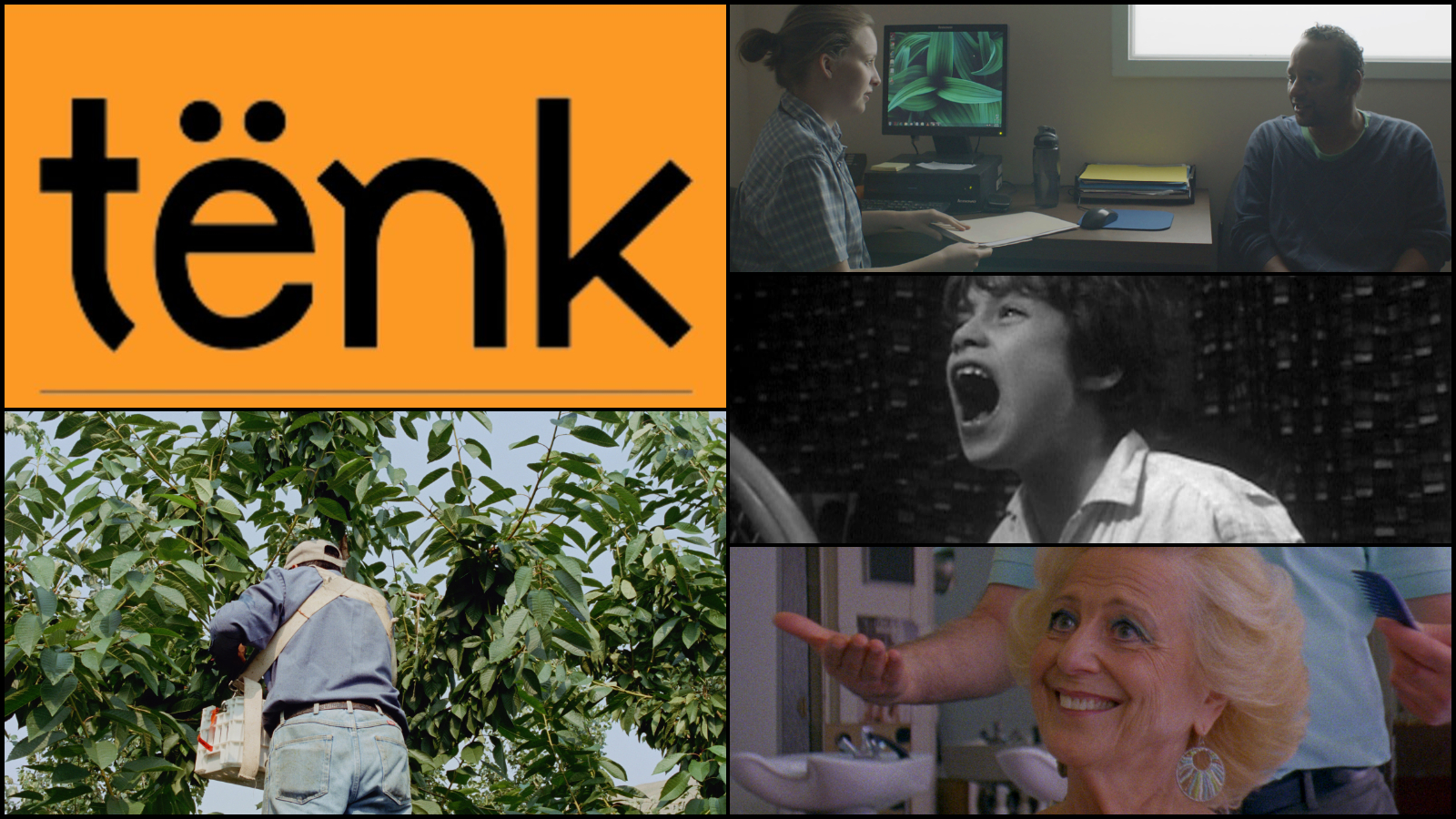Insanity
(Canada, 71 min.)
Dir. Wendy Hill-Tout
“Schizophrenia.” Insanity director Wendy Hill-Tout recalls hearing the word in relation to her brother Bruce over twenty years ago. As she tells in the film, her father received a phone call from a hospital in Naples, Florida. Apparently the police found Bruce while he was living in the woods. He wasn’t well and hadn’t been for a while. However, as Hill-Tout searches for her brother, who disappeared a few years later after falling through the cracks of Canada’s care system, the word “schizophrenia” really just revealed the invisibility of mental health. The family witnessed Bruce’s deterioration for years, assuming he was simply depressed and in need of a job. But she knows that the diagnosis should have been the first step, yet despite a loving family behind him, Bruce couldn’t get the help he needed.
Insanity views the escalating mental health crisis in North America through a personal lens. Hill-Tout connects with her siblings and father to remember Bruce and look back at the signs they missed. The conversations don’t amount to hand-wringing even though they’re tinged with regret. The family acknowledges that, back then, mental health simply wasn’t part of the conversation. Their story offers a cautionary tale for families to recognize the signs in loved ones before it’s too late.
Along the way, Hill-Tout narrates the film and reflects on the need to provide adequate support. She makes clear, cogent points through a personal lens, although using words like “crazy” and “insane” as pejoratives in a film about mental health is an odd choice, even if she’s reflecting upon the state of care. Nevertheless, the sentiment echoes how services that governments provide are disconnected from the real need for care.
Searching for Bruce
Hill-Tout lends an emotional thread to Insanity as she embarks on a journey too many families face. She goes looking for Bruce. Her intuition and some advice from a medium inspire her to head to Vancouver. The medium can’t connect with Bruce’s spirit and senses that he’s alive and near water. This tingling seems fair given the growing opioid crisis in Vancouver. The city along the coast is the epicentre of a mental health epidemic.
The director walks the streets of Vancouver’s Eastside with old photographs of Bruce in hand. She stops anyone who will listen. Many homeless people lend an ear knowing they have family members just like Wendy. Few people recognize the man in the photos, but others, either triggered by memory or simply offering reassuring kindness, tell Hill-Tout that he looks familiar. They advise her to check the shelters. Buoyed by hope, she keeps searching. Cutaways to actor Brendan Dewyn as Bruce offer some dramatic B-roll, but the images also offer some positive support by suggesting that Hill-Tout’s brother is alive.
Hill-Tout connects her search for Bruce with the larger failings of the system. Talking heads interviews with experts offer facts and figures that underscore the family’s concerns. Insanity details how the best help for mental health can arise through an arrest, since that at least puts someone into the system, which can otherwise take years to access unless one commits self-harm. Alternatively, police brutality too often afflicts people with mental illnesses. Hill-Tout and the talking heads worry about the gamble people face once inside. Similarly, the history of incarcerating people with mental illness long dehumanized those in need. Hill-Tout’s memories of Bruce, and those of other families she encounters, see that stigma continue today.
The Booth Family
Insanity adds another personal narrative when Hill-Tout connects with actor Kristin Booth, who starred in the director’s drama Marlene. Booth relates to Hill-Tout’s story because her brother Tyler similarly experiences troubles with mental health. Her story echoes Hill-Tout’s own anxiety-inducing tales of worry. Especially touching are Booth’s memories about facilitating Tyler’s arrest knowing it was ultimately for his own good. She stresses the fine emotional line between betraying someone and helping them, although Hill-Tout’s interview with Tyler demonstrates his sound state now that he’s receiving care.
By adding Booth’s family story to her own, Hill-Tout finds a hopeful note in this crisis. It’s not a Band-Aid to the escalating problem, but rather an example that illustrates how people can and do better with the supports they need. In the meantime, though, a little hope will probably do some families a lot of good.












